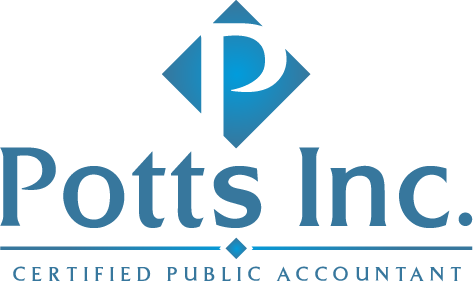In a past blog, we discussed taking advantage of business-related expenses and appropriately deducting them from your income. Those expenses included items such as home and car business use, advertising and marketing, dues and subscription, labor expenses, professional development including continuing education, professional fees, and meals. Let’s dig a little deeper into that topic regarding the cost of goods sold.

First, I want to clarify what the IRS considers a small business taxpayer to be. As of January 1, 2018, a small business taxpayer is a taxpayer that has average annual gross receipts of $25 million or less for the prior three (3) tax years and is not classified as a tax shelter. Tax shelters often have a negative connotation associated with them, but there are good ones such as retirement accounts, workplace benefits and health savings accounts to name a few.

If your small business manufactures products or purchase inventory, the cost of those goods, often referred to as COGS, should be deducted from your gross profit for the year. Inventory should be valued at the beginning and the end of the year to determine COGS. Keep in mind that an expense used in the cost of goods sold, cannot be deducted again as a business expense. Common examples of COGS are:
- The cost of the product or raw materials, including freight
- Storage
- Direct labor costs (including contributions to pensions or annuity plans) for the employees that produce the products
- Factory overhead

The uniform capitalization rules require that you capitalize the direct costs and part of the indirect costs for certain production or resale activities. Indirect costs include rent, interest, taxes, storage, purchasing, processing, repacking, handling, and administrative costs.
There are two caveats, if you are a small business as defined above, inventory does not have to be valued at the beginning and the end of the year, and the capitalization rule requirement does not apply in the same manner.
It is important to hire a tax professional that understands small businesses to help navigate the various tax laws. Potts & Company specializes in small businesses and can assist you in making the best tax decisions to most benefit your business. Call today to schedule an appointment.

